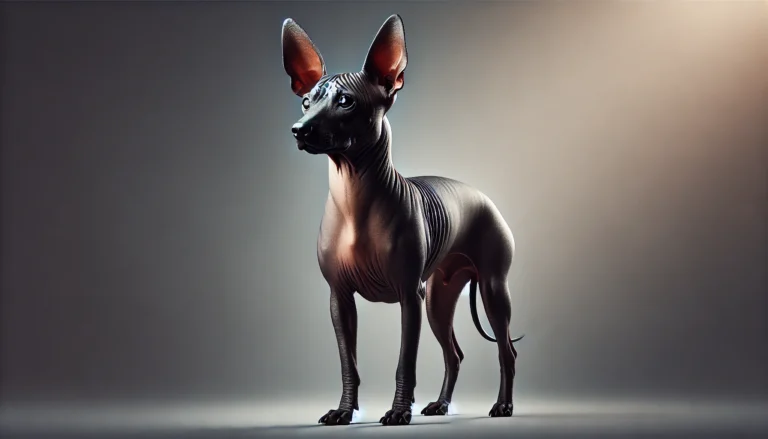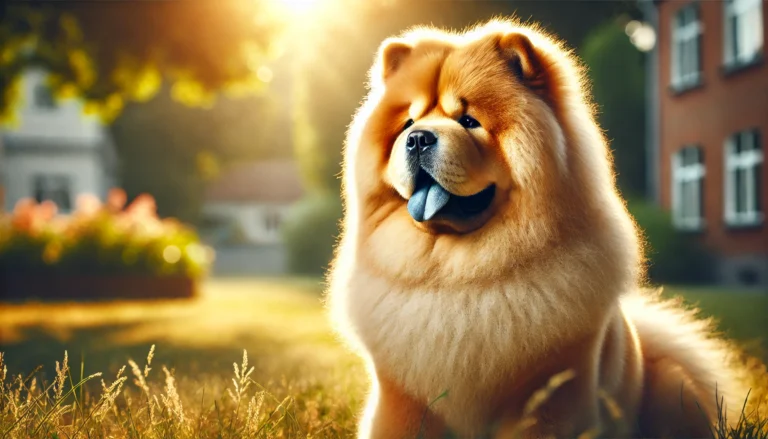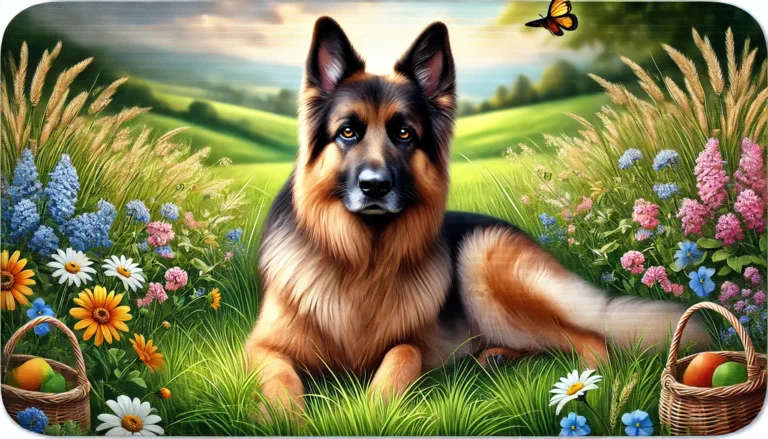Malshi Dog Breed Health and Care

Introduction
The Malshi Dog Breed, a delightful hybrid of the Maltese and Shih Tzu, offers companionship and charm in a small package. Known for their affectionate nature and manageable size, Malshi Dog Breed is a popular choice for families and singles alike. This comprehensive guide explores the Malshi Dog Breed care requirements, health issues, and lifestyle to help owners provide the best for their furry friend.
Understanding the Malshi Dog Breed
Origin and Breed Overview
The Malshi Dog Breed is a designer breed created to combine the best traits of the Maltese and Shih Tzu. Recognized for their playful demeanor and hypoallergenic coat, Malshi Dog Breed serve as excellent companions without the burden of heavy shedding, making them particularly appealing to allergy sufferers.
Physical Characteristics and Temperament
Typically weighing between 6-12 pounds, the full-grown Malshi Dog Breed is compact yet sturdy with a lush coat that can exhibit various shades such as white, black, and brown. They inherit the friendly and outgoing personalities of both the Maltese and Shih Tzu, making them adaptable to various living situations.
Health Overview of the Malshi Dog Breed
Lifespan and General Health Considerations
Malshis generally enjoy a lifespan of approximately 12 to 14 years. Like all breeds, they are predisposed to genetic health conditions, which is why prospective owners should understand the health history of Malshi puppies’ parent breeds.
Common Health Challenges
Respiratory issues are common due to their brachycephalic (flat-faced) nature, often leading to snoring and breathing difficulties. They are also prone to dental problems due to their small mouths, necessitating regular dental check-ups and cleanings.

Nutrition and Diet
Feeding Your Malshi
Selecting high-quality dog food that caters to the nutritional needs of small breeds like the Malshi is crucial. Their diet should be rich in proteins and fats to support their energy, with careful monitoring to prevent obesity.
Understanding Food Allergies and Sensitivities
Malshis may inherit the sensitive stomachs of their Shih Tzu and Maltese lineage, making it essential to choose a diet that is easily digestible and free from common allergens like corn and soy.
Exercise and Physical Activity
Daily Exercise Needs
Despite their small size, Malshis possess a lively spirit and require daily exercise to maintain their health and happiness. Short walks and indoor play sessions are sufficient to meet their physical needs.
Interactive Play and Mental Stimulation
Malshis thrive on interaction and mental challenges. Puzzle toys and regular playtime can help keep their minds active and prevent boredom, which can lead to destructive behaviors.
Grooming Essentials
Coat Care and Grooming
The Malshi’s coat, a blend of the Maltese’s silkiness and the Shih Tzu’s slight wave, requires regular grooming to prevent mats and tangles. Daily brushing and monthly professional grooming are recommended to keep their coat in top condition.
Eye Care and Cleaning
Routine eye cleaning is necessary to prevent tear staining, common in both parent breeds. Regular checks for signs of irritation or infection are also crucial.
do you know
Can Dogs Eat Strawberries? They’re a summertime favorite for many of us, lounging on a sunny day with a bowl of these red gems.
Training and Socialization
Basic Training Tips
Malshis are eager to please but can exhibit a stubborn streak inherited from their Shih Tzu ancestry. Consistent, positive reinforcement techniques during training sessions will yield the best results.
Importance of Early Socialization
Introducing your Malshi to a variety of environments, sounds, and people at an early age will help them develop into well-rounded adult dogs, reducing anxiety and timidity.
Veterinary Care and Health Monitoring
Regular Health Check-ups
Routine vet visits are vital to monitor the Malshi’s health and catch any early signs of the conditions to which they may be predisposed. Vaccinations, parasite control, and annual check-ups will help ensure they lead a healthy life.
Special Health Considerations
Owners should be vigilant for signs of respiratory distress or dental issues, common in Malshis due to their genetic makeup. Early intervention is key to managing these problems effectively.
Conclusion
Caring for a Malshi Dog Breed involves a commitment to their health, well-being, and happiness. With proper diet, exercise, grooming, and veterinary care, Malshi Dog Breed can be loving companions for years to come. Understanding and meeting the unique needs of this mixed breed will ensure your Malshi Dog Breed is not only healthy but thrives in your care.
What are the pros and cons of Malshi?
Pros: Malshis are affectionate, hypoallergenic, adaptable, and good for families. They’re small, ideal for apartment living, and low-shedding.
Cons: They require regular grooming, can have health issues like dental problems, and may be prone to separation anxiety and stubbornness in training.
Is Malshi high maintenance?
Yes, Malshis are relatively high maintenance. They require regular grooming to maintain their coat, frequent dental care, and attention to their diet and health, especially for issues like respiratory problems due to their small size.
What kind of dog is Malshi?
The Malshi is a designer breed, a mix between the Maltese and Shih Tzu. They are small, friendly, and hypoallergenic, known for their affectionate nature and adaptability, making them excellent companion dogs.
What are some interesting facts about Malshi?
Malshis are hypoallergenic, making them ideal for allergy sufferers. They are also relatively new, bred in the 1990s. Known for their friendly nature, they are perfect family pets and adapt well to various living environments.
What can a Malshi eat?
Malshis should eat high-quality dog food, specifically designed for small breeds. Their diet can include dry kibble, wet food, and treats, ensuring balanced nutrition. Avoid feeding them human foods that are unsafe for dogs, like chocolate or grapes.
Do Malshi bark a lot?
Malshis can bark moderately, especially if they are not properly trained or feel anxious. With early socialization and training, excessive barking can be minimized, but they might bark to alert or communicate needs.
Can Malshi eat eggs?
Yes, Malshis can eat eggs in moderation, as eggs provide a good source of protein and nutrients. Cooked eggs, without seasoning or oils, are the best option to avoid any digestive issues.
How long will a Malshi live?
The Malshi has a lifespan of about 12 to 14 years, though with proper care, including a balanced diet, regular vet visits, and a healthy lifestyle, they can live a long and happy life.






